"I had a meeting with the Minister of Energy of Ukraine just very recently where I have asked him to help me with convincing those who have to be convinced in Ukraine not to attack the energy infrastructure towards Hungary. I also told him that I can only look at this issue through a Hungarian angle, not an angle of anyone else," Szijjarto said.
He also recalled that the security of oil and gas pipelines through which Russian energy supplies enter Europe was one of the security guarantees given to Hungary by the European Commission, and Budapest still expects them to be fulfilled.
On March 18, Russian President Vladimir Putin held a phone conversation with US President Donald Trump. According to the Kremlin, during the conversation, Trump put forward a proposal for the parties to the conflict in Ukraine to mutually refrain from striking energy infrastructure facilities for 30 days. Putin supported this initiative and immediately gave the Russian military the corresponding order.
Later, Volodymyr Zelensky said that Ukraine would support the proposal to stop striking energy infrastructure. The very next day, the Russian Defense Ministry reported that several hours after the conversation between Putin and Trump, Kiev had attacked an oil depot in Kuban with drones. Kremlin spokesman Dmitry Peskov said there was no reciprocity on the part of Kiev to stop the strikes.
Hungary Initiates Removal of Russian Businessmen from EU Sanctions List
Alisher Usmanov, Dmitry Mazepin, and Mikhail Fridman are among nine people initiated for delisting, Hungarian Foreign Minister Peter Szijjarto said. Hungary succeeded in delisting three of them, he added.
"That's important because it's an icebreaker," Szijjarto said.

 1 day ago
4
1 day ago
4
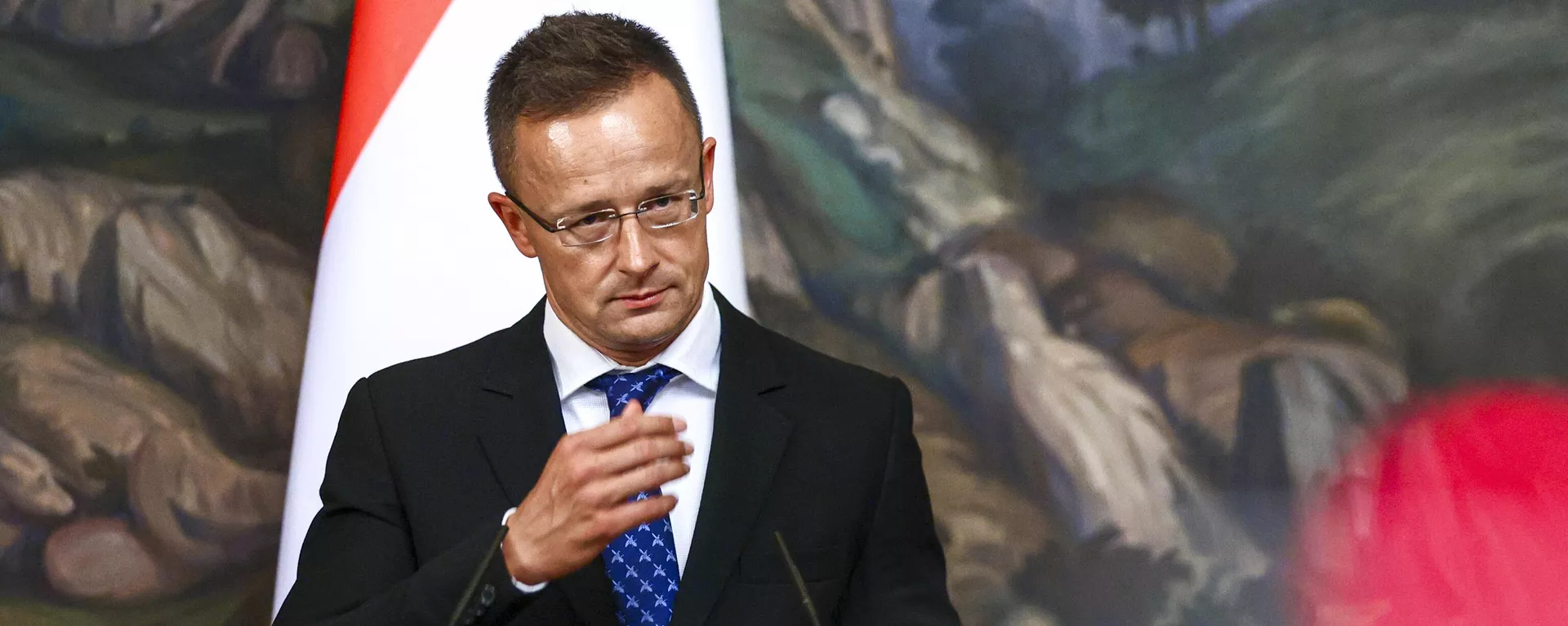

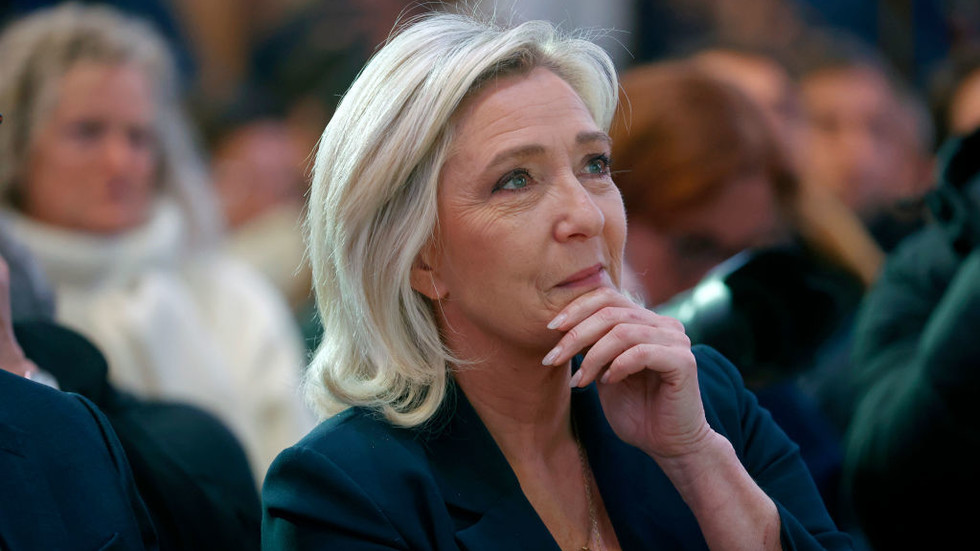

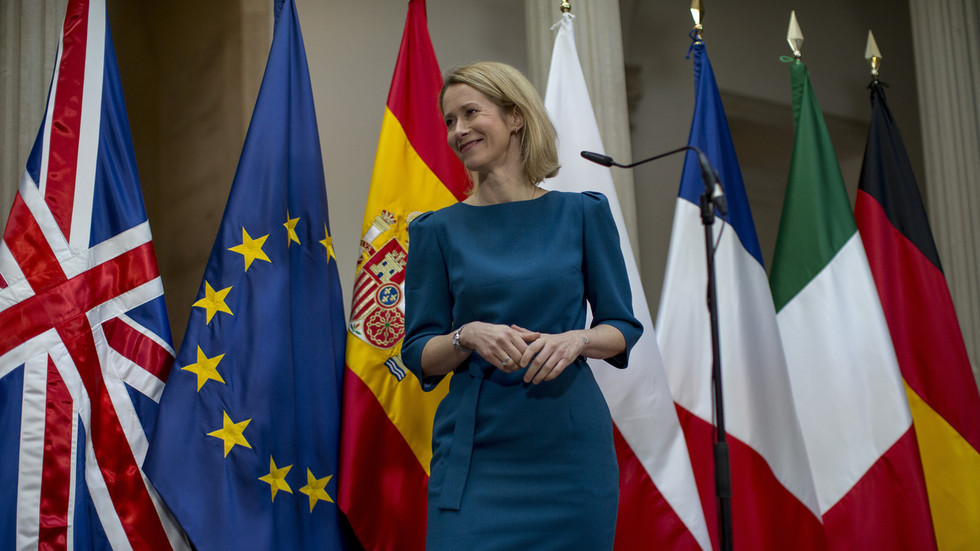
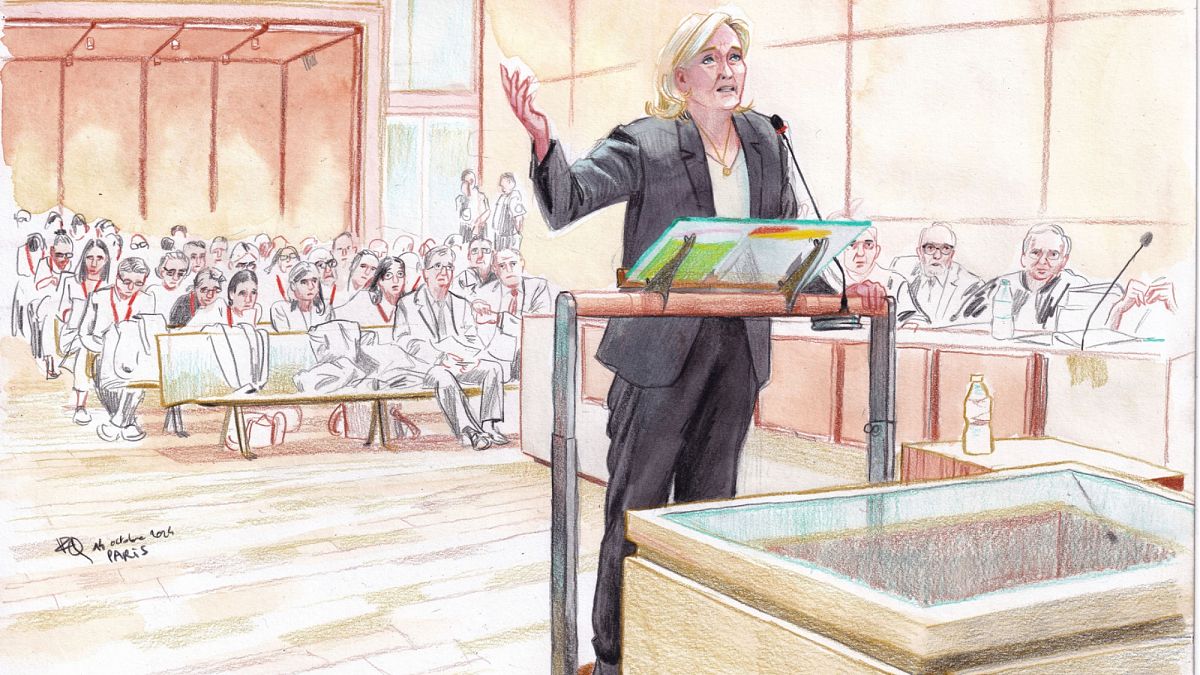
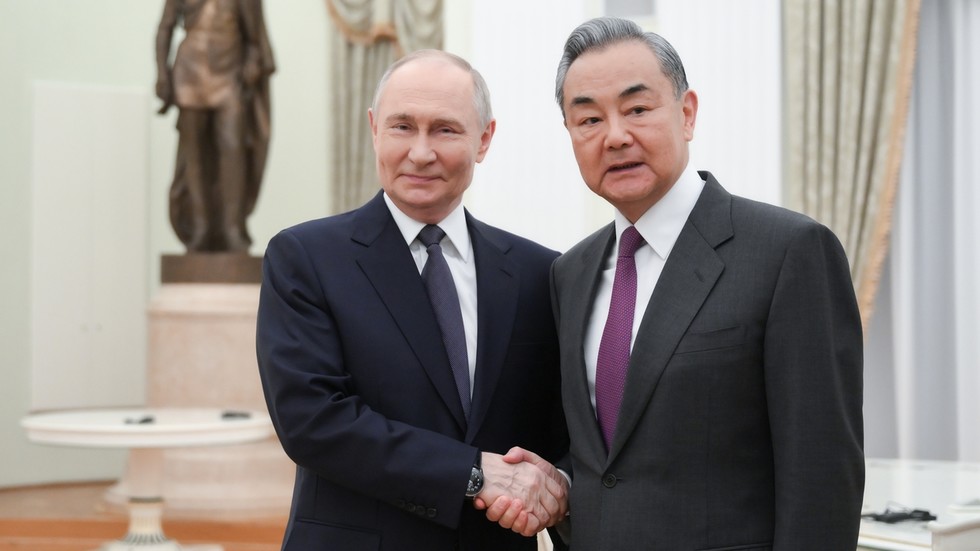
 We deliver critical software at unparalleled value and speed to help your business thrive
We deliver critical software at unparalleled value and speed to help your business thrive






 English (US) ·
English (US) ·